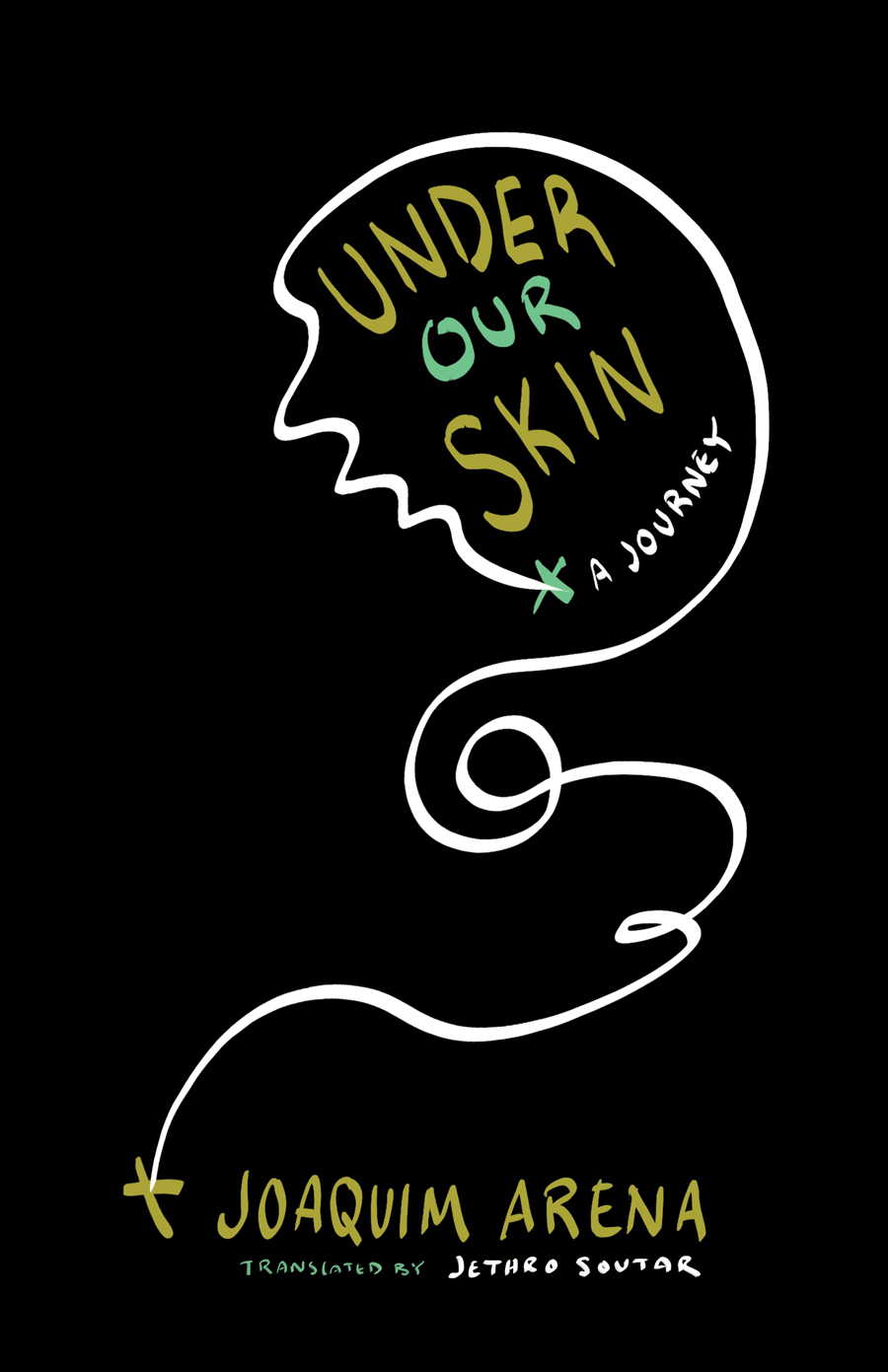
‘I am not a colored man. I am from the white race. I was born in Portugal.’ So said Sweet Daddy Grace – Carlos Marcelino da Graça to give him his real name – born on Brava island, who categorically refused to be considered an African-American. ‘These newspapers call me a Negro. I am not a Negro, and besides, no Negro in this country is capable of doing what I’m doing.’
However, the church that Grace founded in 1919 in Massachusetts, The United House of Prayer for all People, prospered primarily off the faith of African-Americans, the very people Bishop Grace refused to identify with. At a trial hearing in 1934 – Grace was regularly accused of tax evasion – when asked if he considered himself to be of the Black race, Grace replied: ‘I consider myself to be of the human race’.
Grace was born in Cape Verde, but like my grandfather, Francisco ‘Nênê’, he considered himself Portuguese. He was convinced that he belonged to the white race, perhaps in order to continue to reason according to the racial categorizing he grew up with in Brava.
With his dark complexion, shoulder-length hair, beard combed through with cornflower, blue velvet cape and two-inch fingernails painted green, red and blue, Grace was nothing if not a flamboyant figure. His public tirades were outrageous: ‘If Moses came here now, he would have to follow this man,’ he said, pointing at his own chest. Or: ‘If you sin against God, Grace can save you, but if you sin against Grace, God cannot save you.’
My knowledge of Grace’s extraordinary life is mixed up with the life of my great-uncle David. It was my mother, in particular, who delighted in reeling out tales of our emigrant relatives, especially at family reunions. The American adventures of Grandad Nênê and his brother David always stirred my imagination, as did a photo we had of my grandfather taken on São Vicente island in 1918: a young man with short hair, bright eyes and tight lips. In 1907, aged seventeen, he’d boarded a three-master as a cabin boy. Sometime later, he and his brother showed up, suitcases in hand, at my aunt Maria Cardoso’s house in New Bedford.
Nênê worked as a welder, a machine operator and, ultimately, a harpoonist on whaling boats in New England. David was more the free-spirit, a man of many dubious occupations. He seems to have made a living from gambling, either by betting himself or by running numbers games and books on horse racing or boxing throughout Massachusetts, Rhode Island and Connecticut. It was also said, around the docks at New Bedford and Nantucket, and in the bars of Fox Point, Providence, that he’d got involved with a gang of Portuguese smugglers operating out of Provincetown, led by captain ‘Manny’ Zora. At night, David and Nênê and Jack Barreto, a friend from São Nicolau island, trained as boxers at an Italian gym above a garage on Acushnet Avenue. David became the king of bar brawls and spent many a cold night in the New Bedford police cells waiting for Nênê or Jack to come and bail him out. He later went to California. He didn’t make his fortune there, but he became a sort of wiseguy, a man of means, no questions asked.
Nênê was more sensible. He loved São Nicolau and went back every two years, his visits often resulting in the birth of a child. When his brood numbered three, he began to make improvements on a house he owned on the island, whitewashing it and buying up land around Cabeçalinho and Morro Braz, keeping some of it dry and irrigating the rest. He’d leave New Bedford harbor with beds and tables in the hold, mahogany chairs and the finest cabinets. In the late 1920s, he brought the first gramophone to São Nicolau, which became a fixture in the lounge alongside photos of the Titanic and the Lusitânia. My mother said that on one of his Atlantic crossings, when he was returning to Cape Verde to get married, he heard something bashing against the hull of the Ernestina. A piece of wood had broken off and there was a serious risk of it damaging the rudder and leaving the ship stranded. Nênê had twelve boxes of furniture and crockery in the hold, and when he saw that none of the crew was prepared to go and see what the problem was, he took off his shirt, tied a rope around his waist and jumped into the sea. He fixed the problem in no time, but when he got home to São Nicolau he cried like a little boy.
Nênê used to ride a horse down from Pombas to the town of Ribeira Brava. In the rainy season, he’d put on rubber boots and a black oilskin coat and head out into the rain, smiling away, much to the bemusement of his wife and children. One afternoon, at the age of forty-nine, he fell off his horse and died. David wasted no time in making off with all his money, forging the paperwork and presenting himself at the bank as his brother’s sole inheritor.
David was large, with small hands and chubby fingers. My mother remembers him travelling up the Caleijão road on a mule, dressed in a wide-brimmed hat and shiny gaiters.
Uncle Dav, as she still calls him, first met Marcelino when he and the future Daddy Grace worked as cranberry pickers on Cape Cod. Marcelino married a girl named Jennie, from a Brava island family called the De Lombas, and David would call by their house on South Water Street with sweets for the couple’s kids, Irene and Norman. But David hadn’t heard from Marcelino for several years when, walking through the center of New Bedford one day, he noticed an assembly of people in a room across the road. The people were all Black and it appeared to be a sort of communion, but in the form of a party, complete with a live band. There was a man standing at the back, addressing the room, and people were listening to him intently. His voice sounded familiar. David approached and saw that it was none other than Marcelino, who welcomed David with a big smile.
Carlos Marcelino da Graça had made way for Charles M. Grace, a metamorphosis that had seen him abandon Jennie and their children to answer ‘the call of God’ some time around 1919. He toured across the United States preaching and setting up places of worship wherever he sensed traction, building his first House of Prayer in West Wareham, Massachusetts. Another soon followed in New Bedford, on Kempton Street, which is where my uncle David came across him that night.
As the Houses of Prayer attracted increasing numbers of worshippers, so ‘God’s intermediary on Earth’ needed more help from collaborators, meaning a new line of work for David. He became one of Grace’s men on the ground, part of the team that took care of preparations ahead of the preacher’s arrival in a particular place – ‘Daddy Grace is in town, come on everyone!’ The team booked the brass bands that would announce his arrival and a Cadillac or luxury Packard for him to parade around in, waving to the crowds.
By then, Grace had taken to sitting atop the ‘Holy Mountain’, a stage-like platform with several levels, at the peak of which was a throne. From there he proffered his words of wisdom, sometimes using Portuguese and sometimes Cape Verdean Crioulo, to a background of trombone music and the ecstatic cries of his most fervent followers. Grace claimed that talking in foreign languages, or ‘speaking in tongues’ as he called it, was a sign of true communion with God. ‘God does not answer your prayers when you use your own language. God wants us to speak His language, not your language.’
My uncle David had a front row seat as his old pal from the fruit fields began to believe his own myth and turned into the persona he’d created. David helped handle merchandise, items that Grace had ‘blessed’: handkerchiefs bearing Grace’s image, the Grace Magazine, Grace Toothpaste, Daddy Grace Allwater Soap. ‘People can even be cured by touching a piece of paper I throw away,’ said the man from Brava. ‘Never mind God. Salvation is by Grace only, Grace has given God a vacation.’
***
Buy Under Our Skin here: Amazon
Excerpt from UNDER OUR SKIN published by The Unnamed Press. Copyright © 2023 by Joaquim Arena.


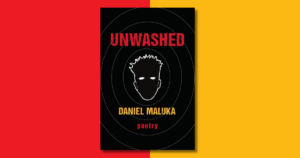
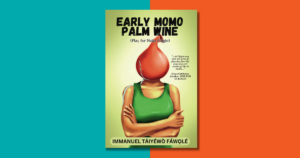
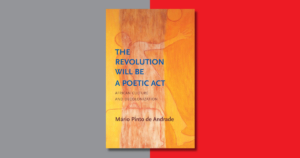
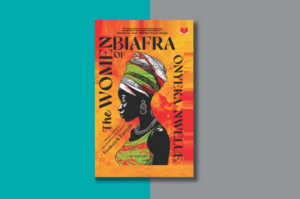

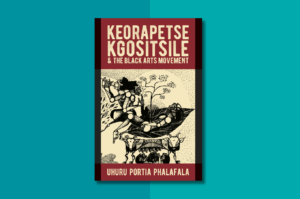

COMMENTS -
Reader Interactions